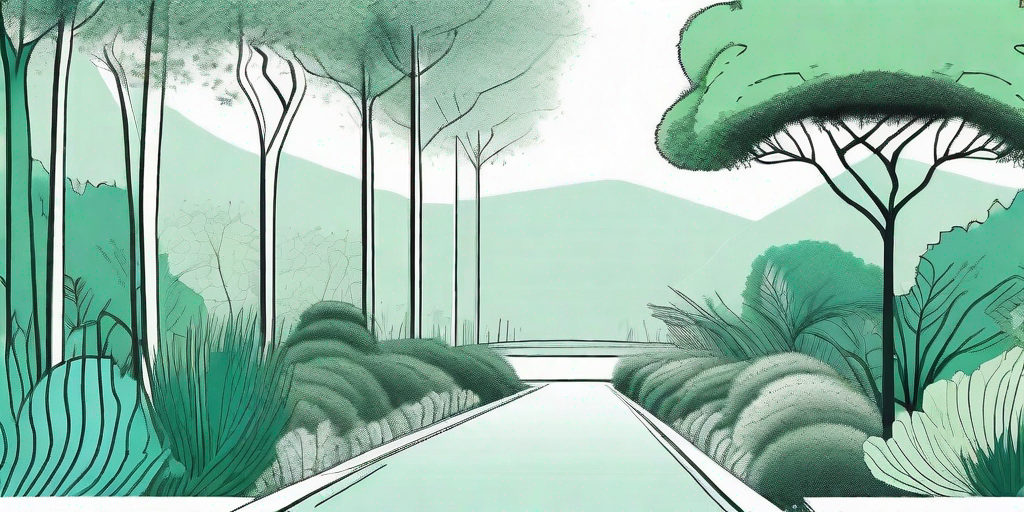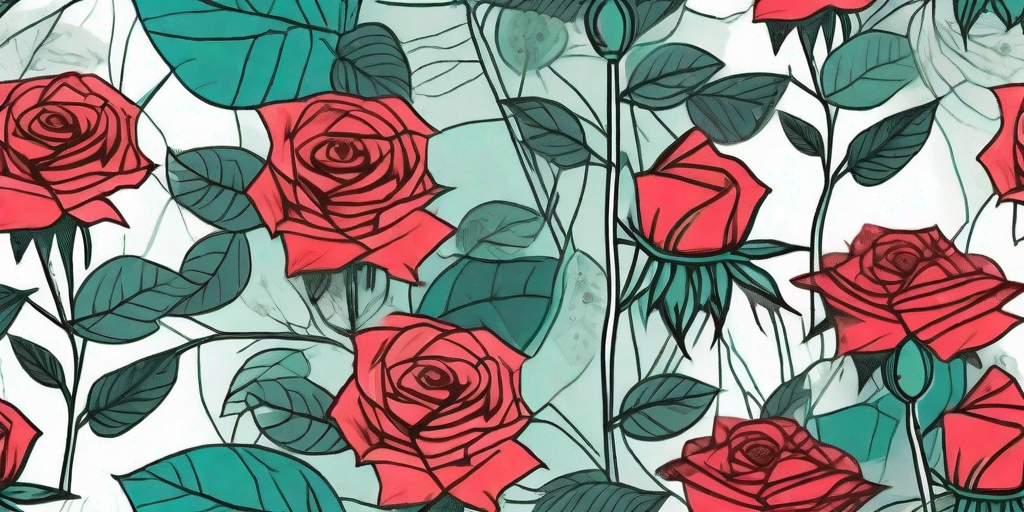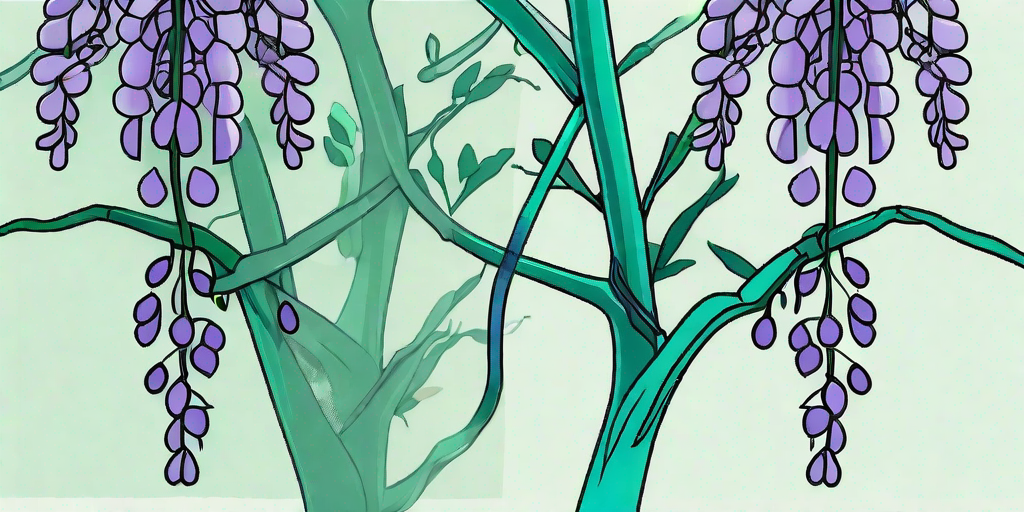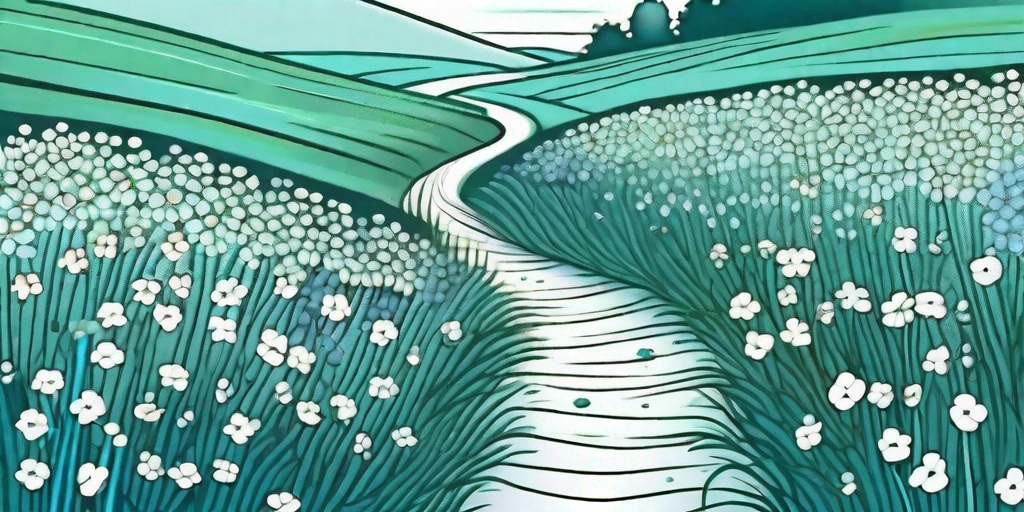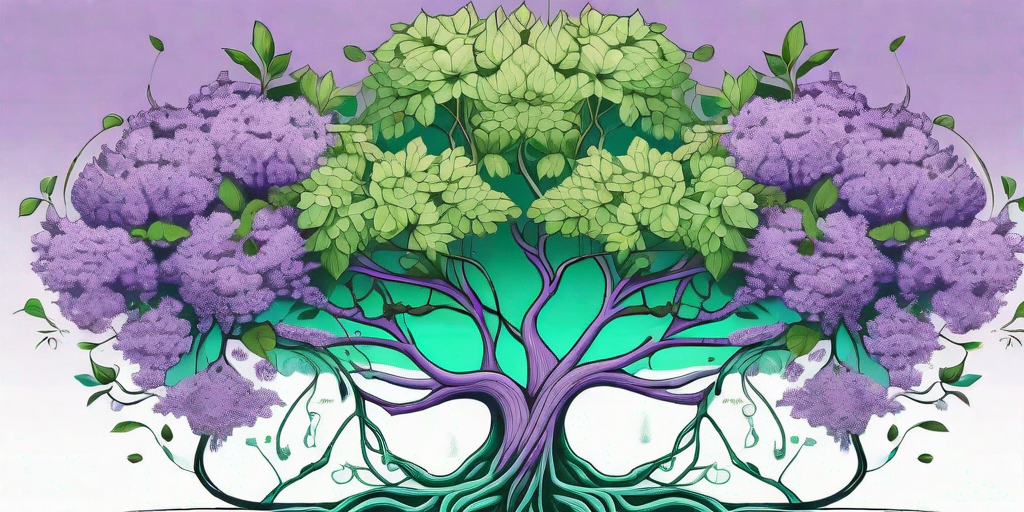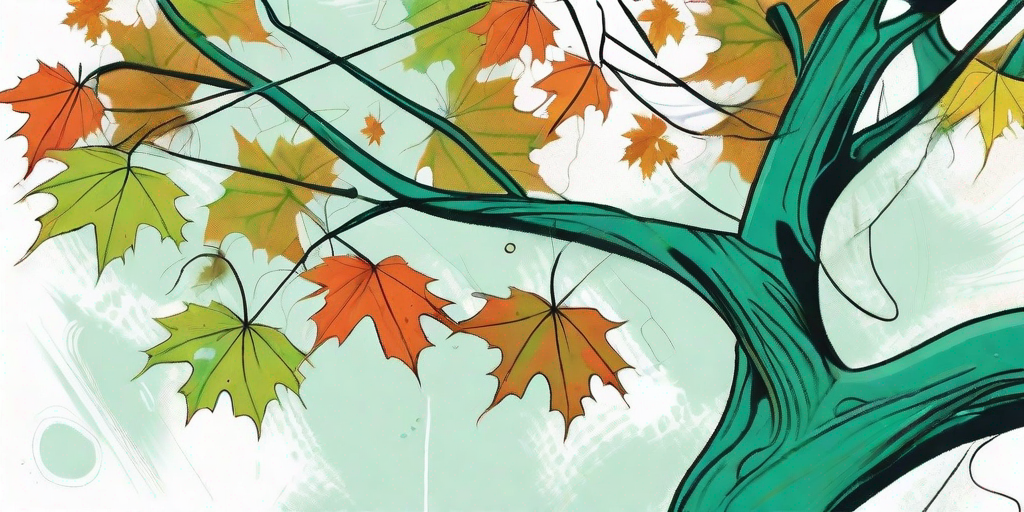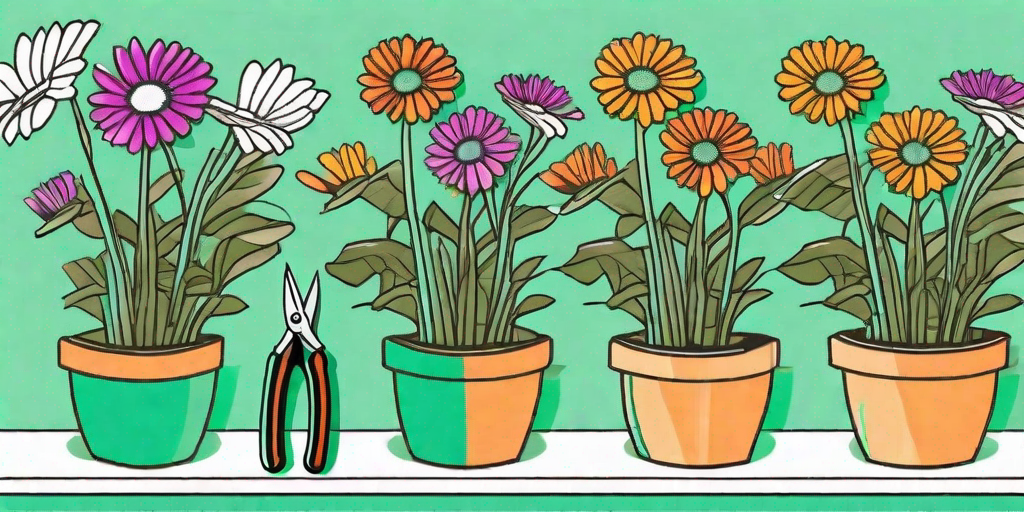
Welcome, green thumbs and aspiring gardeners! Are you ready to transform your outdoor space from a barren wasteland into a lush, green paradise? Well, you've come to the right place. We're about to embark on a journey from tiny shrubs to majestic trees, exploring the wonderful world of landscaping with greenery.
Understanding Your Green Space
Before you start planting willy-nilly, it's important to understand your green space. Is it a small urban balcony, a sprawling suburban backyard, or perhaps a country estate? Each space has its own unique challenges and opportunities. But fear not, whether you're dealing with a tiny terrace or a grand garden, there's a green solution for you.
Consider the climate, soil type, and amount of sunlight your space receives. These factors will greatly influence what types of plants will thrive in your garden. Remember, a happy plant is a healthy plant, and a healthy plant makes for a happy gardener!
Climate Considerations
Are you basking in the sun-soaked tropics or shivering in a frosty tundra? The climate you live in will dictate what types of greenery you can successfully grow. For example, palm trees might not fare so well in Alaska, and spruce trees might struggle in the Sahara.
Research the hardiness zone of your area to determine which plants are most likely to survive and thrive. Don't be disheartened if your favourite plant isn't suitable for your climate - there's a whole world of greenery out there waiting to be discovered!
Soil and Sunlight
Soil type can make or break your garden. Some plants prefer sandy soil, while others prefer clay. Still others prefer a mix of the two. If you're unsure about your soil type, grab a handful and give it a squeeze. If it holds its shape, you've got clay. If it crumbles, you've got sand. If it does a bit of both, congratulations! You've hit the soil jackpot.
Similarly, different plants require different amounts of sunlight. Some plants love basking in full sun, while others prefer a bit of shade. Consider the orientation of your garden and the path of the sun throughout the day when choosing your plants.
Choosing Your Greenery
Now that you've got a handle on your green space, it's time to choose your greenery. From tiny shrubs to majestic trees, the options are endless. But don't be overwhelmed - we're here to guide you through the greenery gauntlet.
Think about the purpose of your garden. Is it a tranquil retreat, a vibrant social space, or a productive vegetable patch? This will help guide your plant choices. For example, if you're after a peaceful oasis, you might opt for calming green foliage and fragrant flowers. If you're after a lively entertaining space, you might choose bold, colourful plants that make a statement.
Shrubs and Bushes
Shrubs and bushes are the unsung heroes of the garden. They provide structure, colour, and interest all year round. From the vibrant azalea to the humble boxwood, there's a shrub for every garden.
When choosing your shrubs, consider their size at maturity. You don't want to plant a shrub that will eventually outgrow its space and take over your garden. Similarly, consider the shrub's flowering season and foliage colour to ensure a year-round display of beauty.
Trees
Trees are the majestic giants of the garden. They provide shade, habitat for wildlife, and a sense of permanence and stability. From the towering oak to the graceful willow, there's a tree for every garden.
When choosing your trees, consider their size at maturity. You don't want to plant a tree that will eventually outgrow its space and cause problems with your house or neighbours. Similarly, consider the tree's flowering season and foliage colour to ensure a year-round display of beauty.
Landscaping Tips and Tricks
Now that you've chosen your greenery, it's time to get down and dirty with some landscaping. But before you grab your shovel and start digging, let's go over some landscaping tips and tricks.
Firstly, consider the height and spread of your plants at maturity. This will help you determine where to plant them in your garden. As a general rule, taller plants should go at the back of borders and smaller plants at the front. This ensures that all plants are visible and can bask in their moment of glory.
Planting
When it comes to planting, it's all about the roots. Dig a hole twice as wide and just as deep as the root ball of your plant. This gives the roots plenty of room to spread out and establish themselves. Backfill the hole with a mix of garden soil and compost, firming it gently around the base of the plant.
Once your plant is in the ground, give it a good watering. This helps settle the soil around the roots and gets your plant off to a good start. Remember, a well-watered plant is a happy plant, and a happy plant makes for a happy gardener!
Maintenance
Maintenance is key to keeping your garden looking its best. This includes regular watering, fertilising, pruning, and mulching. Each plant has its own specific care requirements, so be sure to do your research.
Remember, gardening is a labour of love. It requires time, patience, and a bit of elbow grease. But the rewards are well worth it. There's nothing quite like the satisfaction of seeing your garden flourish under your care.
Frequently Asked Questions
- What is the best time to plant trees and shrubs?
- The best time to plant trees and shrubs is in the early spring or fall, when the weather is cool and the plants are dormant. This gives them a chance to establish their roots before the heat of summer or the cold of winter.
- How often should I water my plants?
- This depends on the type of plant and the climate. As a general rule, most plants prefer a deep watering once a week rather than frequent light watering. However, some plants, like succulents, prefer dry conditions and need less frequent watering.
- How do I know if my plant is healthy?
- A healthy plant has vibrant, green leaves and strong, sturdy stems. If your plant has yellowing leaves, wilting stems, or other signs of distress, it may be suffering from a disease or pest infestation. Consult a local nursery or extension service for advice.
So there you have it, folks - a comprehensive guide to landscaping with greenery. From understanding your green space to choosing your greenery to landscaping tips and tricks, we've got you covered. Now go forth and greenify your garden!



